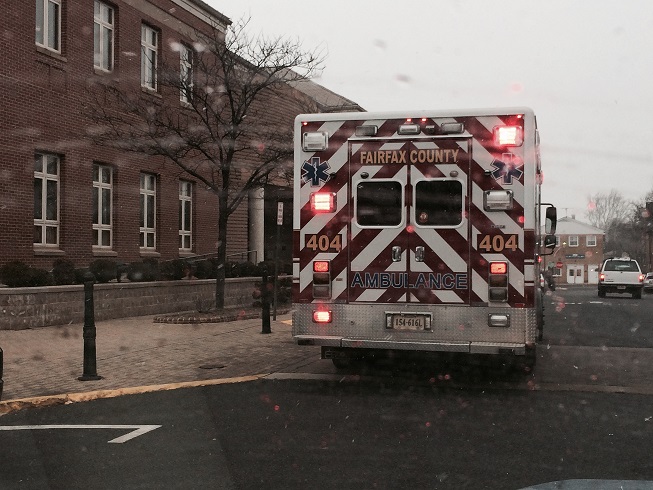
Injured Nurses – NPR Investigation

Earlier this month, National Public Radio (NPR) published a series on injured nurses.
Specifically, NPR did an investigation into nurses who are injured in the course of their duties. In short, this series uncovers something Virginia Workers’ Compensation attorney Doug Landau has known for a long time:
Lifting, moving, supporting, and carrying heavy patients and equipment is hazardous to nurses’ health. This strenuous activity — repeated over and over again by a busy nurse — frequently causes disabling back and spinal injuries.
The NPR investigation focused on a hospital nurse in Asheville, North Carolina who was injured through repeated lifting and moving of patients. Her injuries prevented her from working, and she soon found herself a patient in her own hospital. In order to ease her pain, she had a spinal cord stimulator implanted in her back during lumbar interbody fusion surgery.
All medical evidence pointed to an on-the-job injury, occurring due to her job duties as a hospital nurse. However, the hospital insurance investigator determined her injuries were not job-related, but instead occurred when she lifted a casserole from the oven at home (really??!!??). While recuperating in the hospital bed, she was handed termination papers by hospital officials. Not only would they not cover a workers’ comp claim, but they were letting her go.
This case is just one example of the poor treatment nurses sometimes receive when they are injured on the job. And, nurses, by their very nature, tend to push themselves to return to work even when injured themselves. After all, for most nurses, caring for patients is a calling, not a job.
A second part of the NPR series discusses proper technique for lifting patients. Studies show that nurses should NOT be lifting or moving very heavy patients. There is no such thing as “proper body mechanics” when it comes to lifting a several-hundred-pound patient. Heavier patients must be lifted and moved with machinery, like ceiling hoists and other mechanical equipment. But hospital budgets are often tight and the purchase of such equipment somehow never makes it to the top of the priority list.
Virginia lawyer Doug Landau has handled workers compensation and disability cases for many injured nurses. Their situations, though each unique, are hauntingly similar.
“These nurses are hardworking, caring individuals dedicated to providing the utmost of patient care,” notes Landau. “They know deep down that lifting or moving such a heavy person is not good for their own health, but because it is the only way to help their patients, they do it anyway. And they do it over and over again until, one day something goes “pop” and they realize something has gone terribly wrong. Many will push through to complete their shift, and even attempt to return to work for their next shift, despite continued pain. More often than not, they eventually end up needing rest, physical therapy, even surgery. Some are permanently disabled. The worst part is that two nurses can have exactly the same herniated disc in their neck or back as the result of lifting, catching, repositioning or rolling a patient, but under the Virginia Workers Compensation Act, one nurse can win and the other lose their case. The one who loses is denied benefits because she lifted several patients during a shift, and so the injury is considered “cumulative,” or as the result of “repetitive trauma.” This is so even where a nurse cannot leave his or her duty station and is simply trying to care for the disabled patients.”
At the Virginia law firm Abrams Landau, Ltd., we help injured nurses get the benefits they deserve — workers’ compensation and federal social security disability benefits.
If you or someone you know is a nurse, orderly, or other healthcare provider who has been injured on the job while moving or lifting heavy patients and there are questions as to what laws apply, email or call Abrams Landau, Ltd. at once (703-796-9555).
